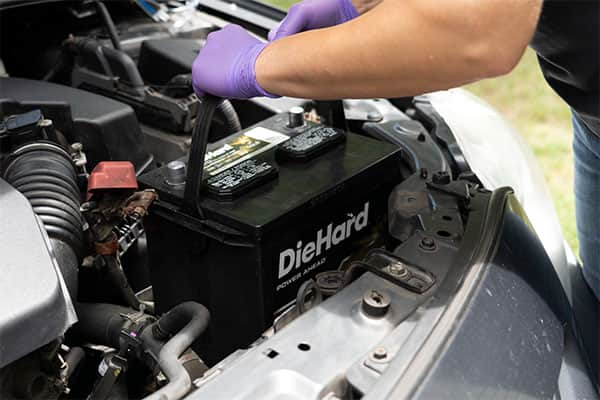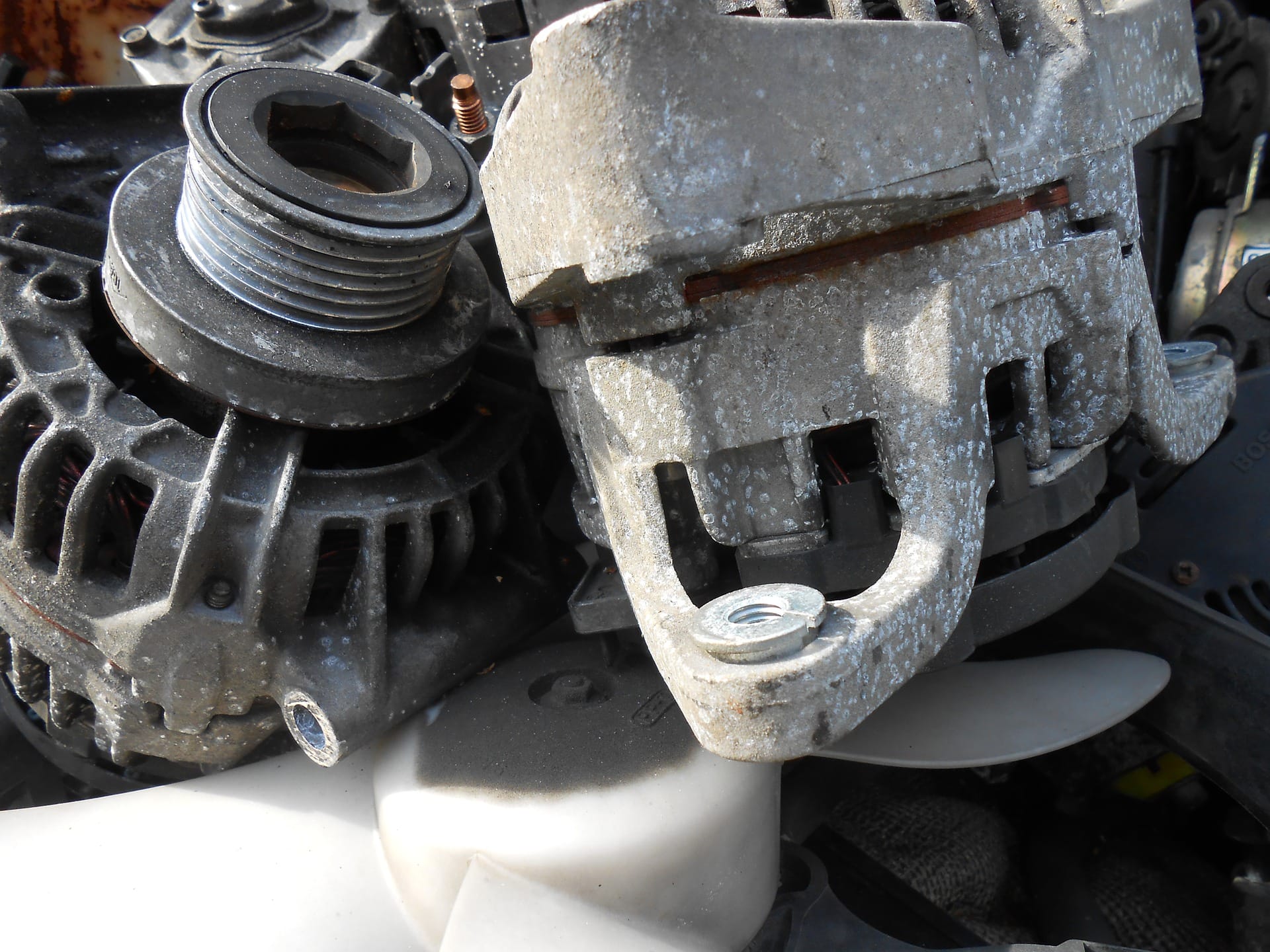
Cold Weather Car Battery Concerns and Recommendations for Improved Life Span
Why are cold weather car battery issues even a problem? While cold weather might not affect the flow of electricity, it can greatly affect the chemistry of a battery incapable of retaining its charge for a long enough period of time. For watches, that simply means you won’t be able to tell time as well, but for a car battery, it might mean that you could be left out in the cold, in the middle of nowhere, for quite some time.
Why Are Car Batteries Affected by Low Temperatures?
When it comes to cold weather, car battery life can be affected just as well as short term charges. As in the case of all lead-acid batteries, your car battery depends on ideal conditions to maintain a stable charge. In most instances, the charge can be affected by cold weather to a great extent, since the substances the battery relies on might freeze if the temperature drops below a certain point. This is especially the case when it comes to using AGM design car batteries, which are also highly sensitive to overcharging. Newer designs are more resilient, but their lifespans can also be affected by cold weather and high temperature fluctuations. In addition, many grades of motor oil can thicken in cold weather. This poses two problems; one is that it makes the battery’s and starter’s jobs harder as they turn the engine over. The other problem is that startup is a crucial moment for any engine, and it’s important that motor oil get to the engine’s upper end (valvetrain, camshafts, cam bearings) quickly to prevent wear.
Advance Auto Parts stores offer free battery testing and installation*.
Car Batteries and Cold Cranking Amps (CCA)
Cold cranking amps and reserve capacity are two important things to bear in mind when selecting a battery. Cold cranking amps determine the amount of current the battery can deliver to the starter in a period of 30 seconds. The higher the battery’s CCA rating, the better it will perform in cold weather. Also, reserve capacity determines the amount of time that the battery can keep the electric and electronic circuits in your car going in the event of a charging system malfunction. Again, the rating will determine your battery’s cold weather performance.
Tips for Starting Your Car in the Winter
When it comes to cold weather, car battery capacity can drop about 20-50% when the temperature reaches below freezing. In the winter, it’s hardly a surprise if your car doesn’t start on the first try. When starting your car it is, therefore, a good practice to make sure your tank is full and keep your battery warm using car battery blankets. Time your attempts to give your battery the chance to recover. Finally, try to minimize energy consumption by temporarily powering down most of the electric and electronic systems. That way you’ll give your car a fighting chance.
Check out popular battery accessories.
Winter Battery Storage Recommendations
It’s important to keep your battery – and, therefore your car – tucked away safely and protected from extreme temperatures. Keep it in the garage, and try to minimize its exposure to cold air currents. If you live in a really cold climate, consider using a block heater that keeps crankcase oil warmer and keeps it from thickening, making the battery’s and starter’s job easier. Aside from the aforementioned battery blankets tip, you can also try a handy car battery jump pack to give your battery a quick electrical boost, or a car battery charger, to make sure the problem is dealt with completely. In cold weather, car battery problems are frequent, but with these simple recommendations you can avoid many of the risks that would normally be a problem.
*Car battery testing and installation available on most automotive vehicles, at most locations, unless prohibited by law.









